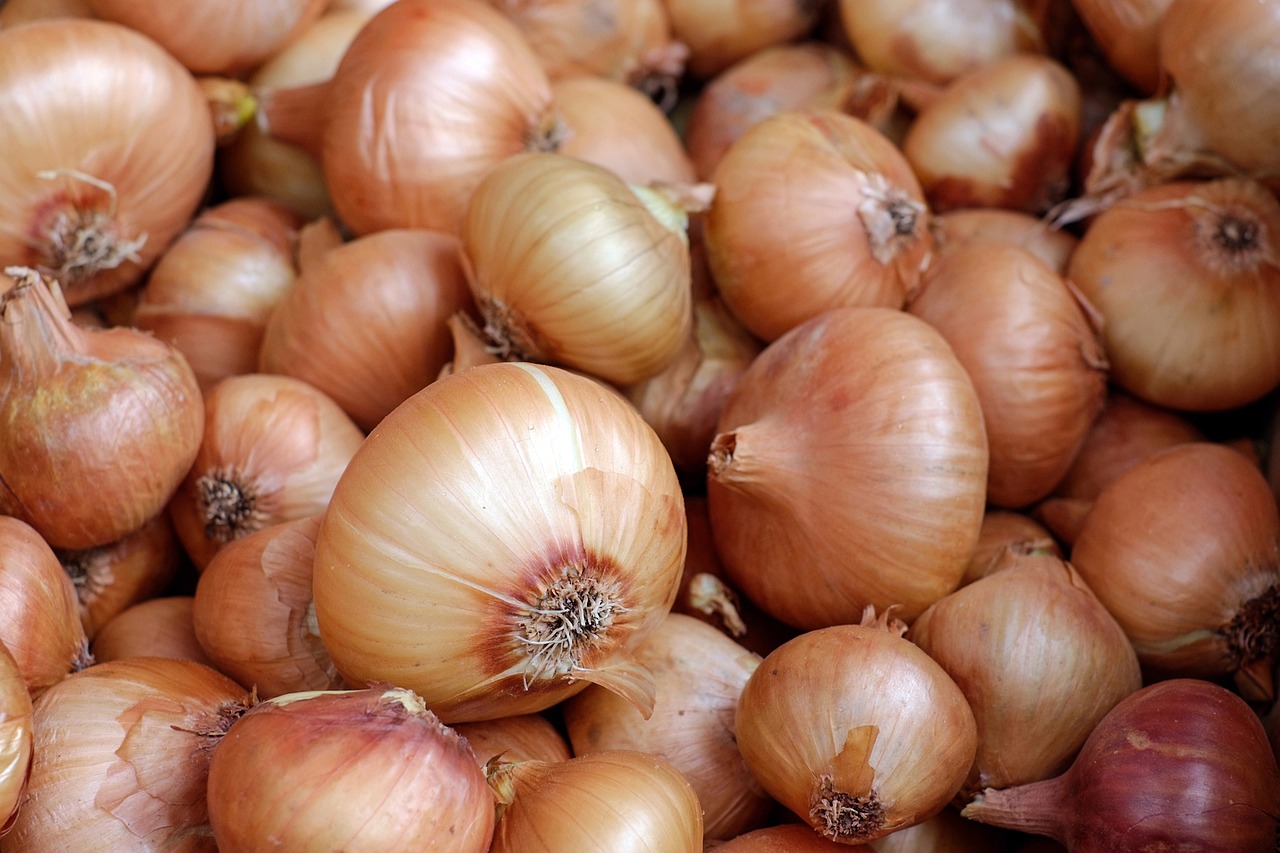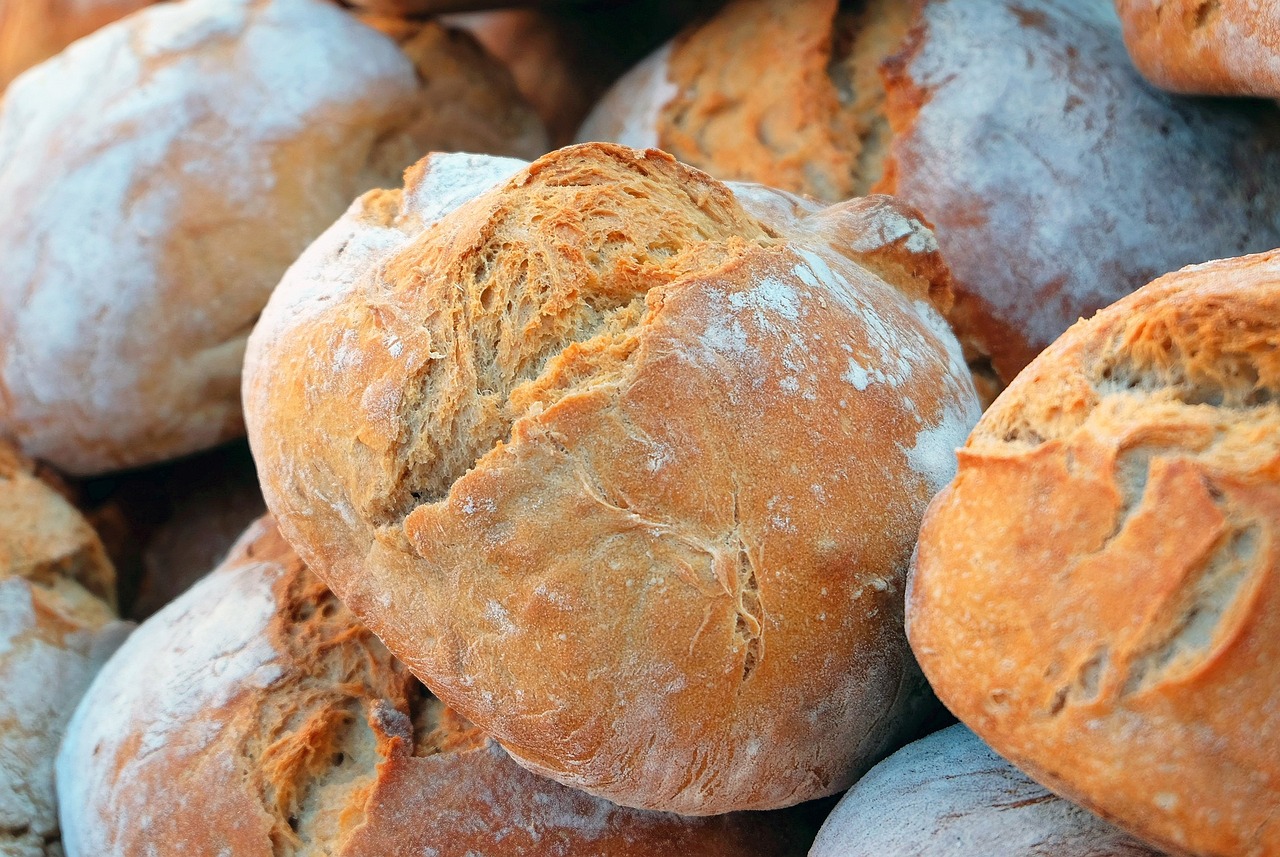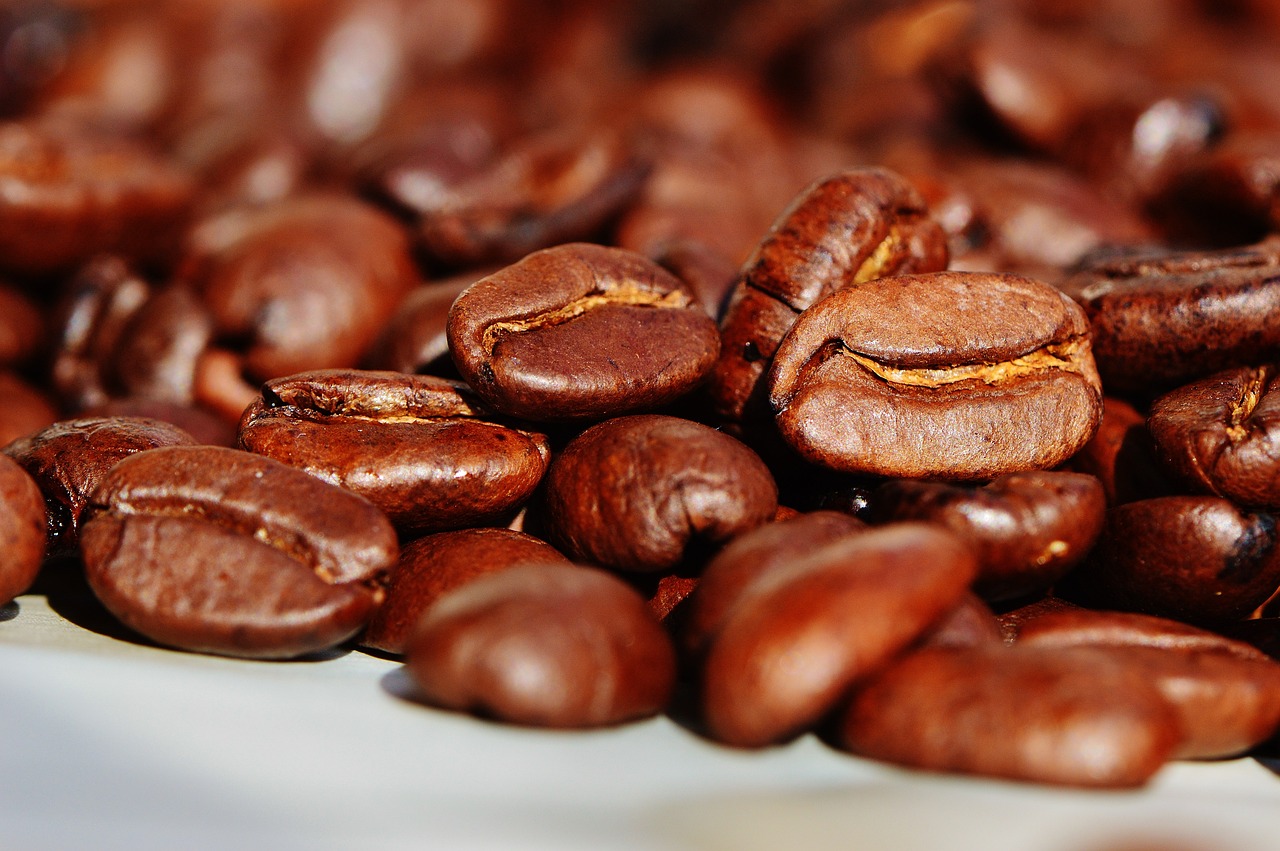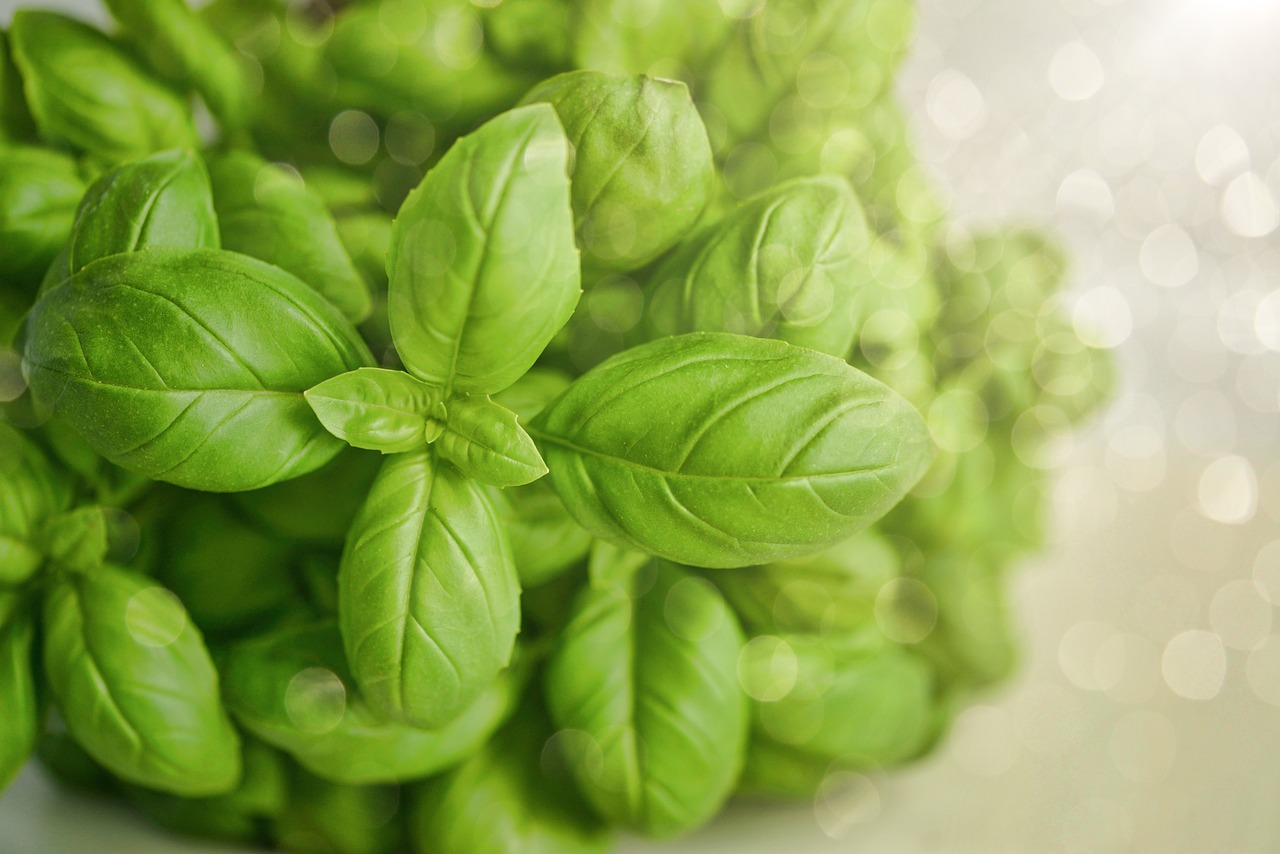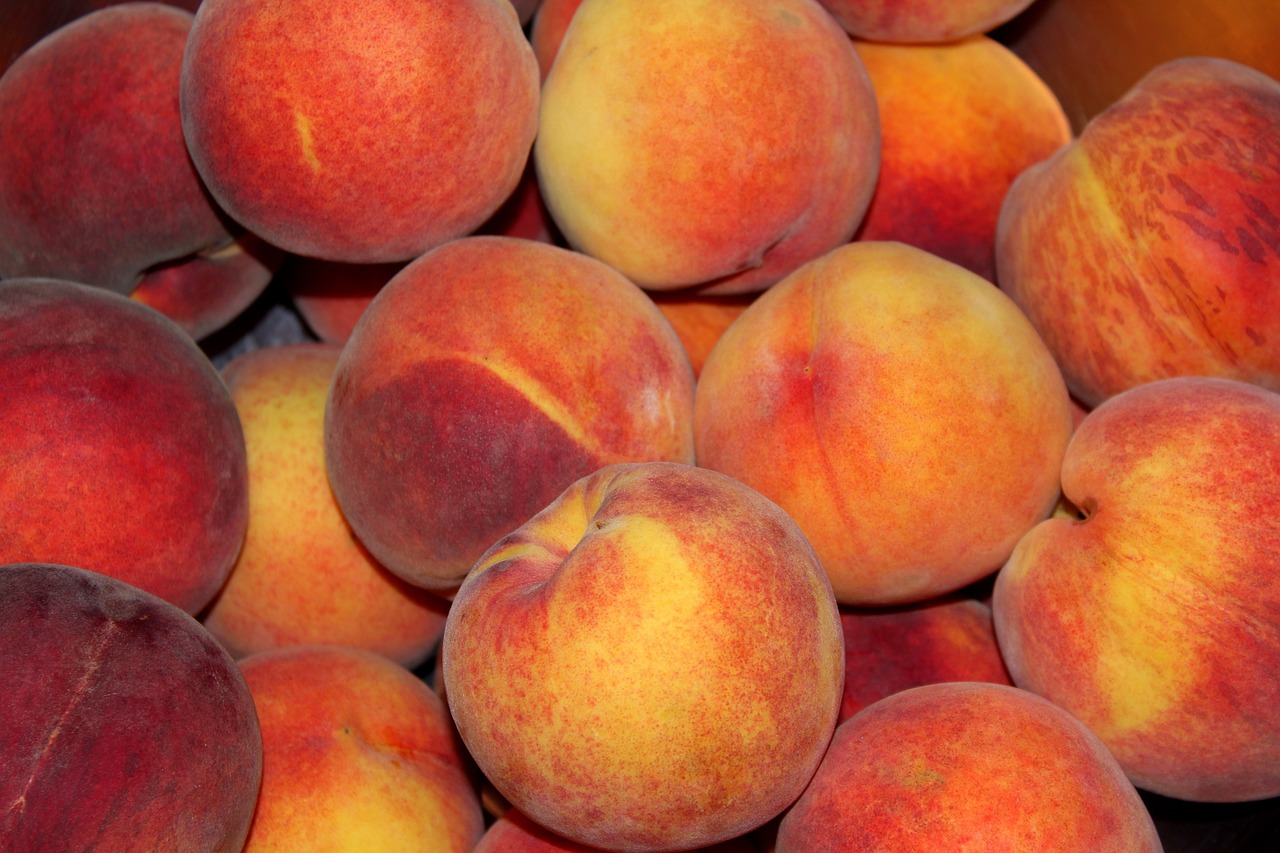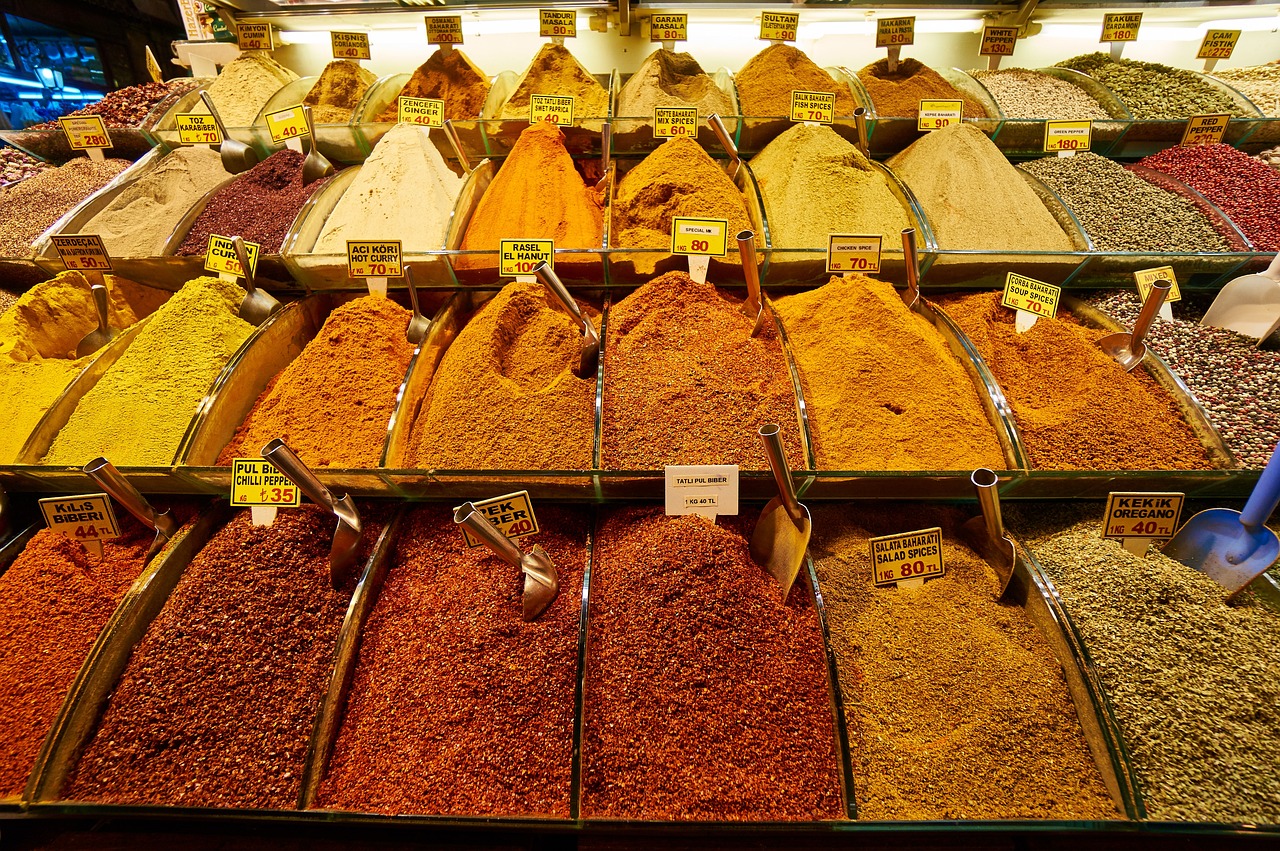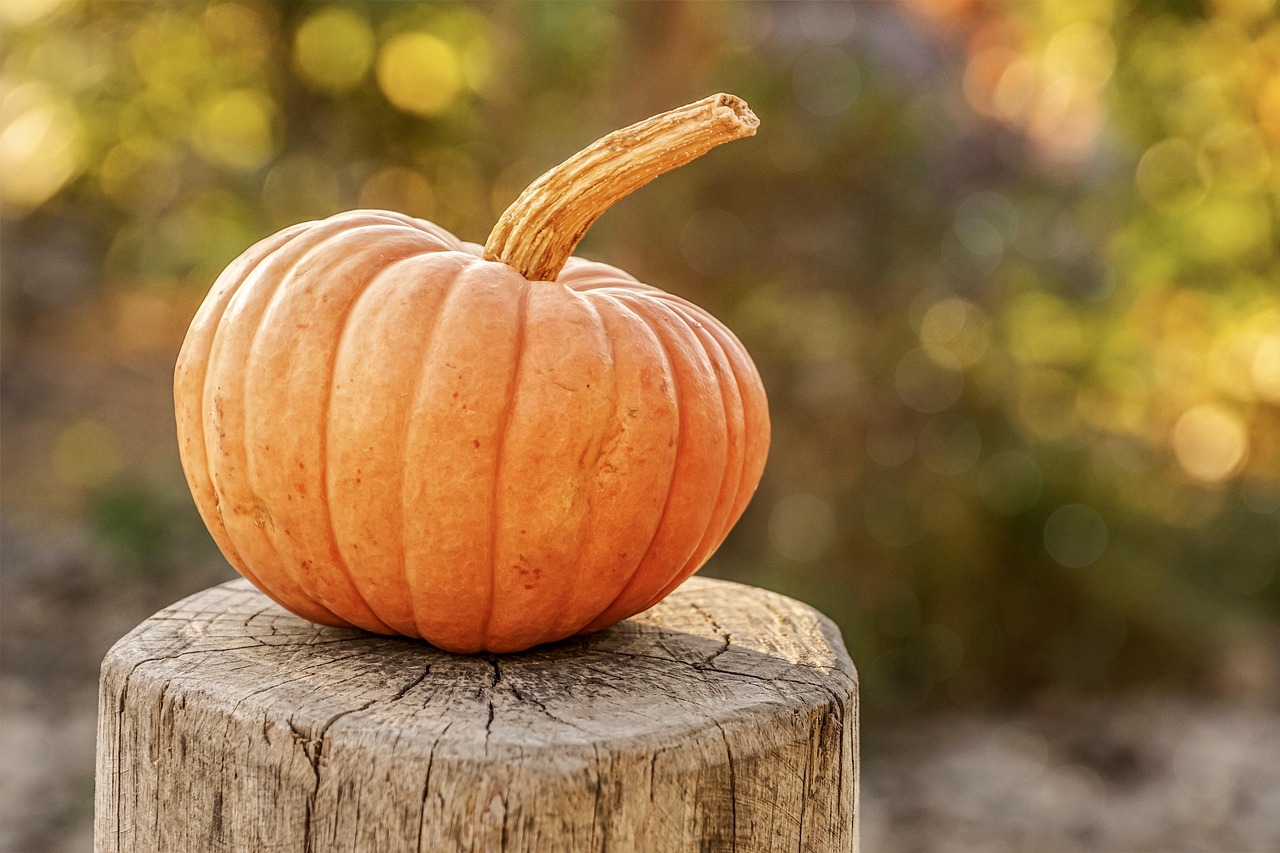Keeping your groceries fresh and tasty is more nuanced than just tossing everything in the fridge. While it might seem like the refrigerator is the go-to spot for all perishables, some foods actually fare better at room temperature. Refrigeration can alter their taste, texture, and even nutritional content.
1. Tomatoes
Ever noticed how refrigerated tomatoes lose their flavour? That's because the cold air halts the ripening process and diminishes their taste. Plus, the chilly environment can make their texture mealy. Keep your tomatoes on the counter to enjoy them at their juicy and flavourful best.
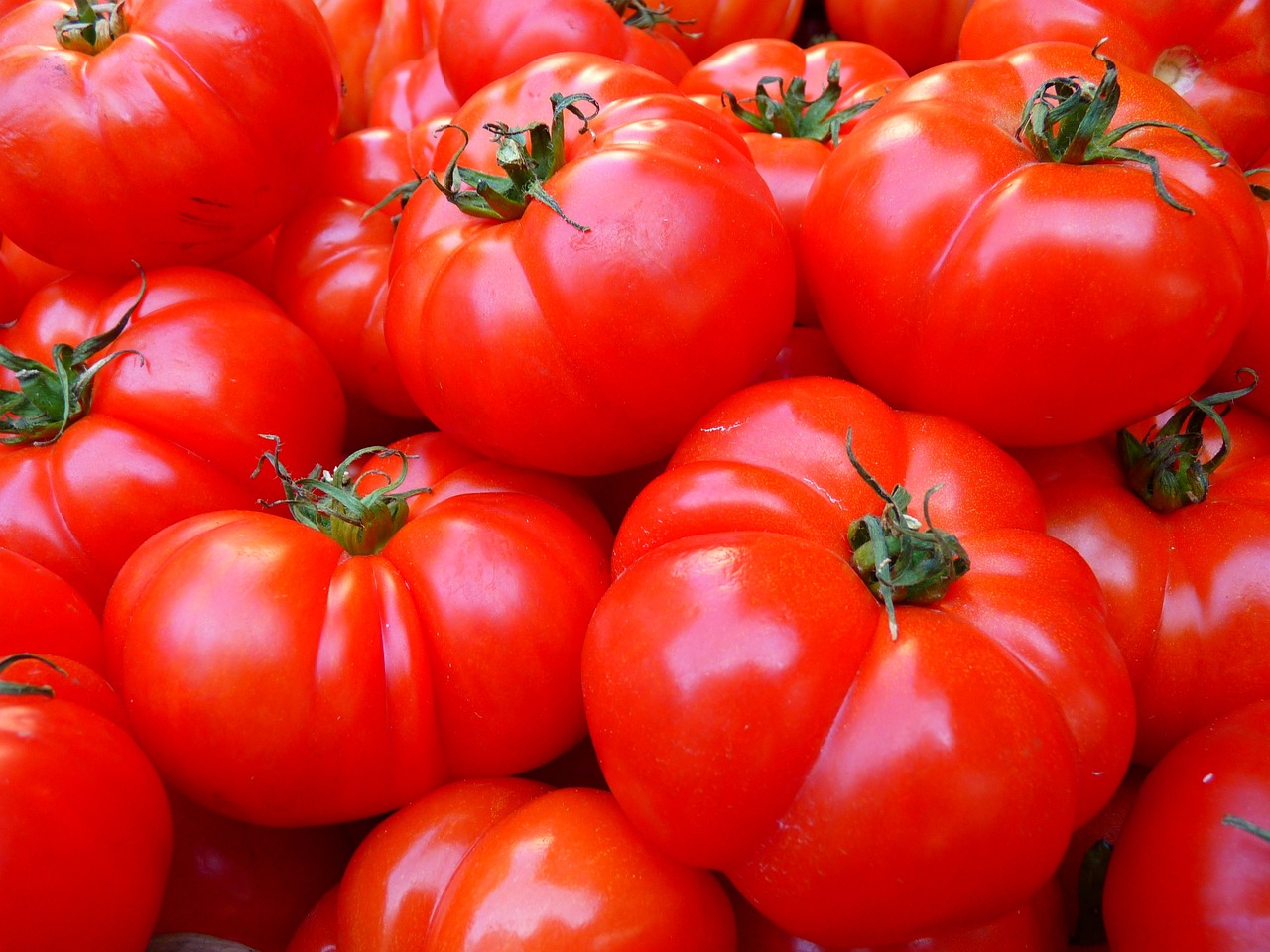 Image by LoggaWiggler from Pixabay
Image by LoggaWiggler from Pixabay
2. Bananas
Bananas and the fridge aren't best friends. Cold temperatures slow down their ripening process, and can even make the peel turn black prematurely. If you're looking for that perfect yellow ripeness, room temperature is the way to go. Just place them on the counter and watch them ripen beautifully.
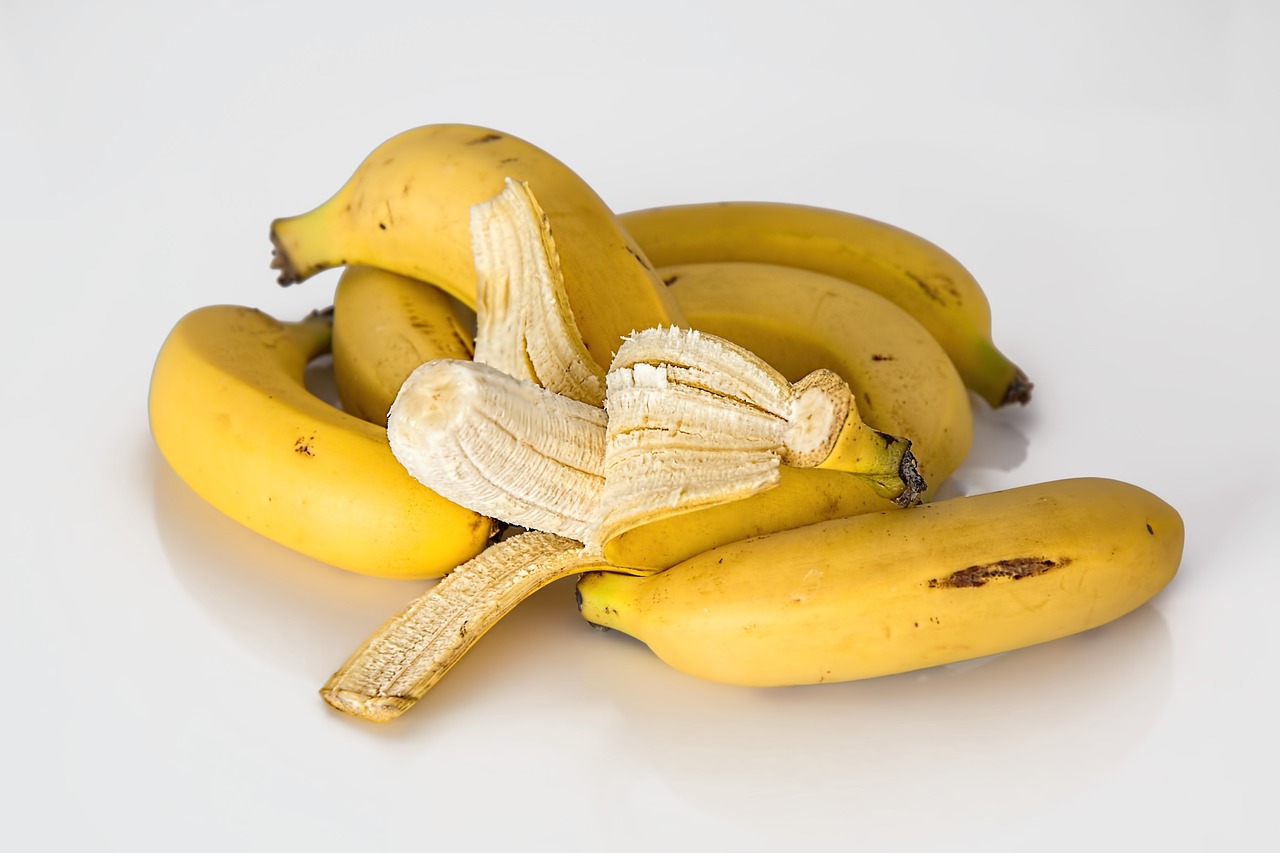 Image by Steve Buissinne from Pixabay
Image by Steve Buissinne from Pixabay
3. Potatoes
Storing potatoes in the refrigerator turns their starch into sugar more rapidly, which affects their taste and cooking properties. They end up sweeter and grainier than you might prefer. Instead, keep them in a cool, dark place like a pantry. This way, they'll maintain their ideal texture and earthy flavour.
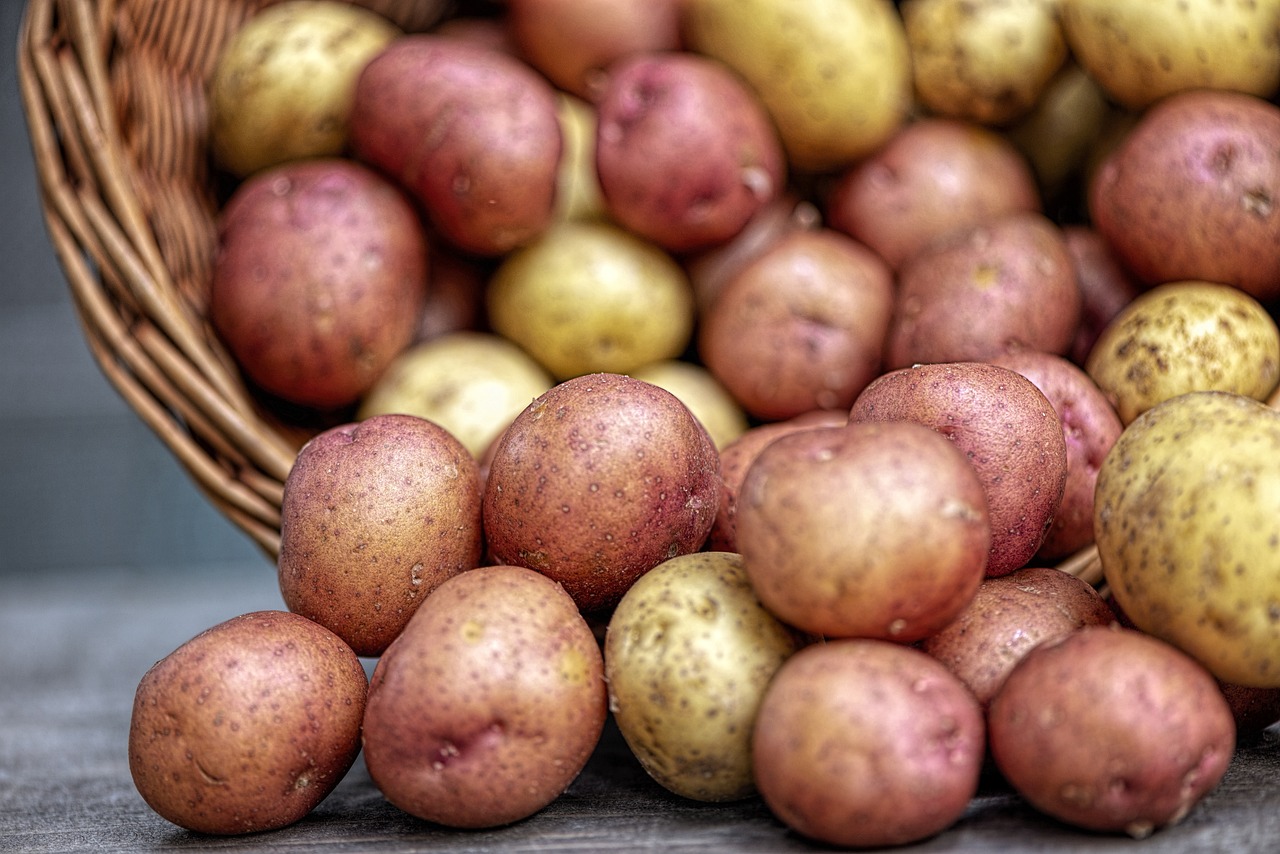 Image by stanbalik from Pixabay
Image by stanbalik from Pixabay
4. Onions
Onions need airflow to stay fresh, which they can't get in the cramped, humid conditions of a fridge. Plus, they can make everything else in there smell like, well, onions. Store them in a cool, dry place, but keep them separate from potatoes, which can cause them to spoil faster.
5. Garlic
Like onions, garlic prefers a cool, dry spot with plenty of air circulation. Refrigeration can cause it to sprout prematurely or get moldy. A dry pantry or a garlic keeper on the counter works wonders for keeping your garlic fresh and ready to flavour your dishes.
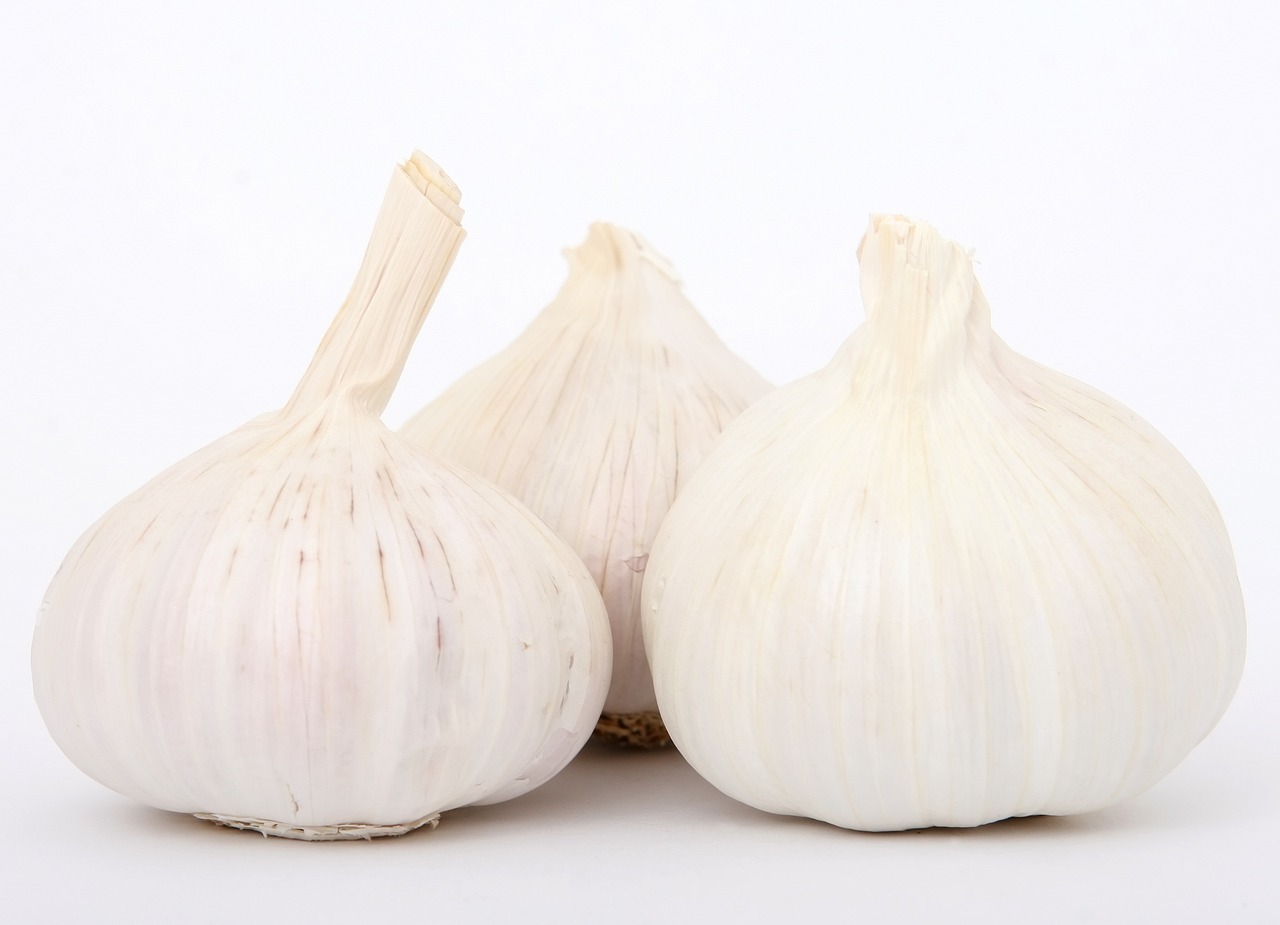 Image by Robert Owen-Wahl from Pixabay
Image by Robert Owen-Wahl from Pixabay
6. Avocados
If you've ever put an unripe avocado in the fridge, you know it takes forever to ripen. Cold temperatures delay the ripening process. Leave them out on the counter until they're just right, then you can refrigerate to keep them at that perfect stage of ripeness a bit longer.
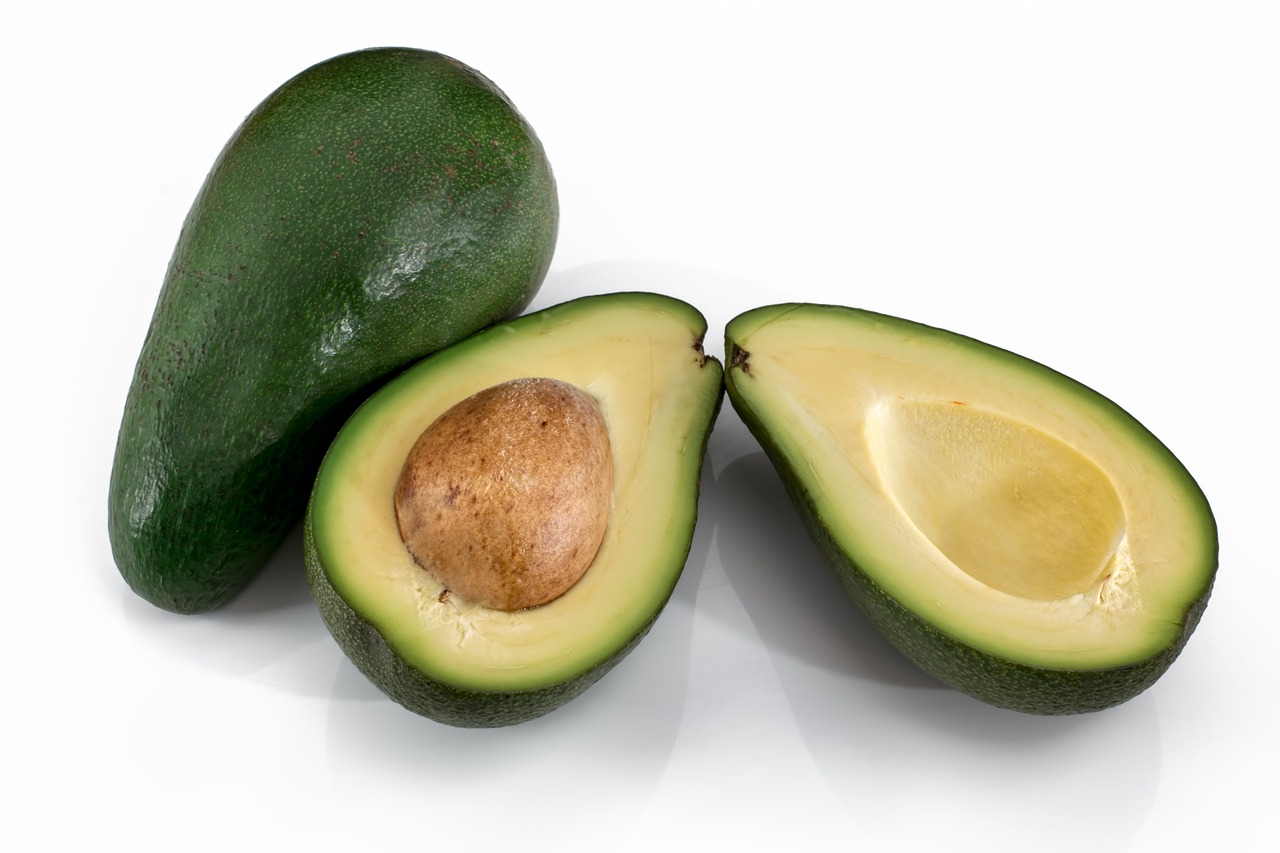 Image by Steve Buissinne from Pixabay
Image by Steve Buissinne from Pixabay
7. Honey
This natural sweetener becomes thick and crystallized when refrigerated, which makes it difficult to use. Honey's naturally antibacterial, so it stays perfectly fine at room temperature. Just keep it in a tightly sealed container to maintain its smooth, drizzly consistency.
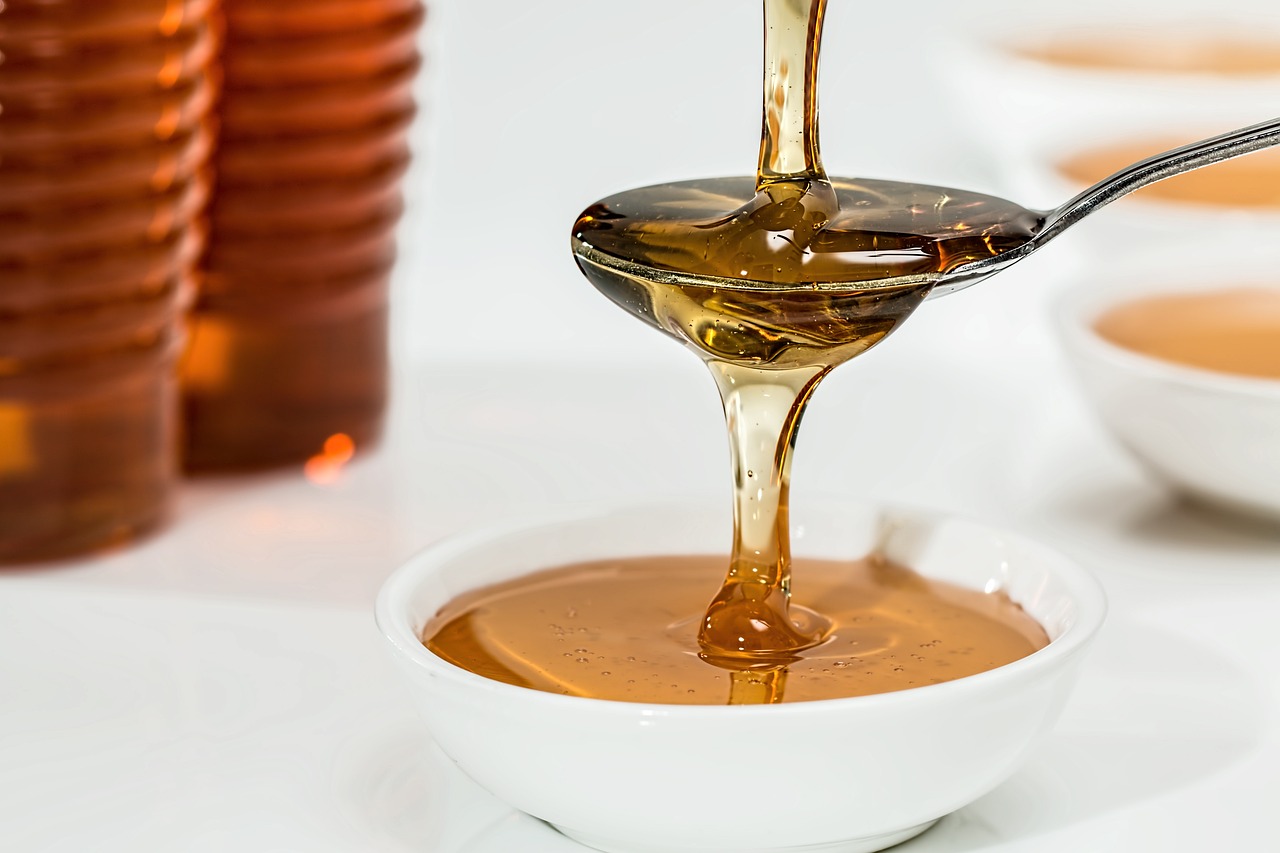 Image by Steve Buissinne from Pixabay
Image by Steve Buissinne from Pixabay
8. Bread
Refrigerating bread actually makes it go stale faster due to the cold air affecting its moisture content. It's best to keep bread in a cool, dry place if you'll eat it within a few days. For longer storage, freeze it and then thaw slices as needed.
9. Coffee
Coffee absorbs odors, and the fridge is full of them. Plus, the fluctuating temperature can affect its flavour. Store your coffee in an airtight container in a pantry. This keeps it fresh and flavourful for your morning brew.
10. Basil
Basil doesn't just wilt in cold temperatures; it can also absorb fridge smells, affecting its fresh, aromatic quality. Treat it like flowers: a cup of water on the counter works well. Change the water every few days to keep it vibrant and fragrant.
11. Olive Oil
Olive oil solidifies and becomes cloudy in the fridge, which makes it a hassle to use. At room temperature, it keeps its liquid consistency and is ready to pour when you need it. Just store it in a cool, dark place to maintain its quality.
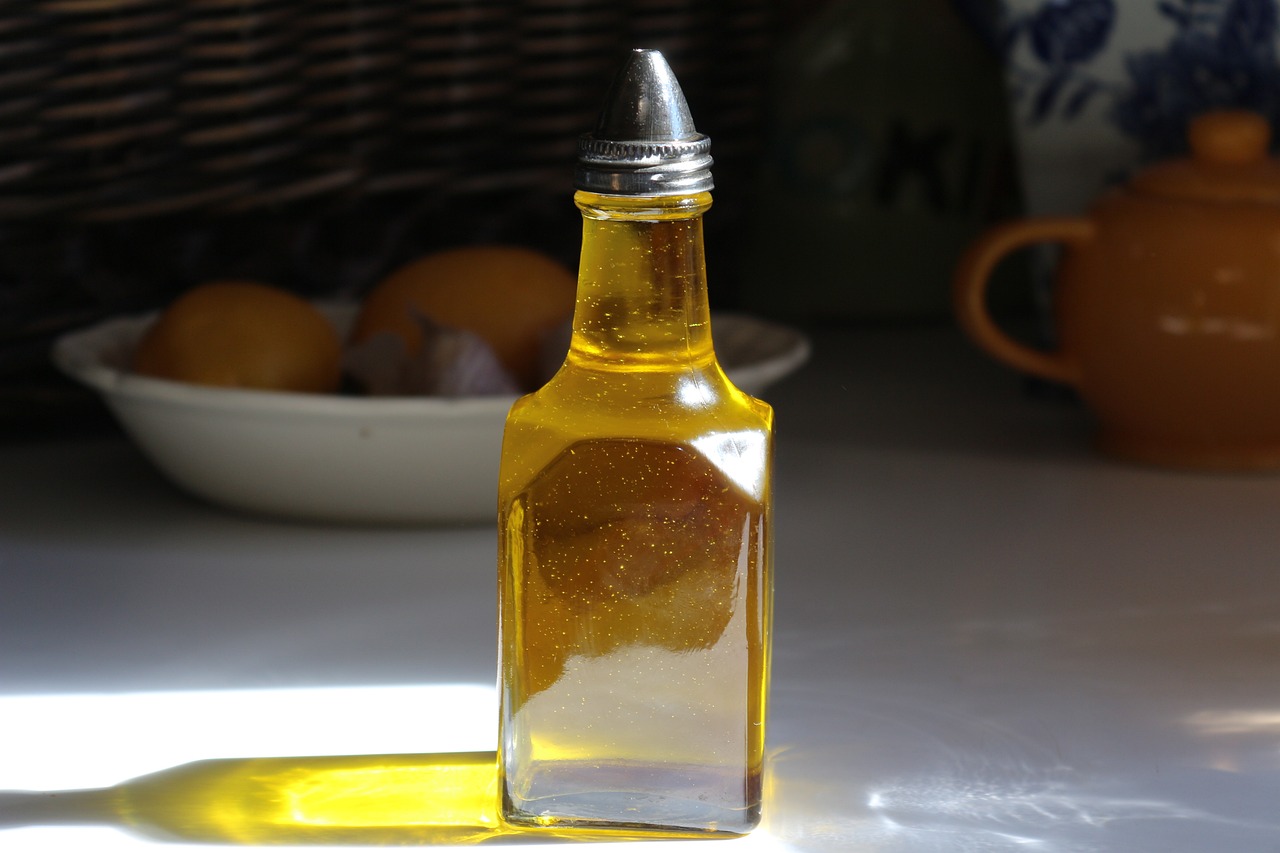 Image by HomeMaker from Pixabay
Image by HomeMaker from Pixabay
12. Melons
Whole melons like watermelon, cantaloupe, and honeydew retain more antioxidants when stored at room temperature. Refrigeration can also alter their flavour and texture. Once you've cut them, though, it's a different story: store the slices in the fridge to keep them fresh.
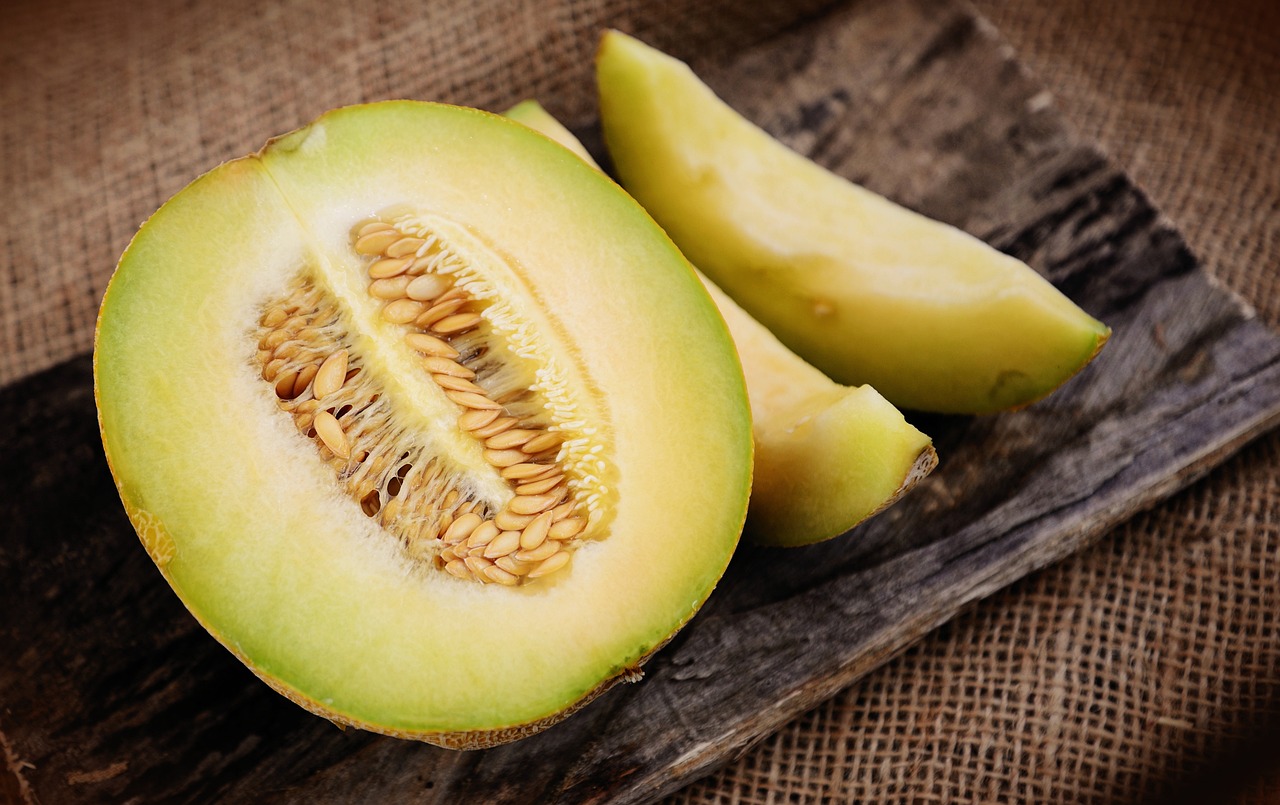 Image by congerdesign from Pixabay
Image by congerdesign from Pixabay
13. Stone Fruits
Peaches, plums, and nectarines ripen nicely on your countertop. Cold temperatures can halt their ripening process and make the flesh mealy. Once they're ripe and ready to eat, you can move them to the fridge if you prefer them chilled.
14. Chocolate
Refrigeration can affect the taste and texture of chocolate, making it too hard and dulling its flavours. The ideal storage temperature for chocolate is below room temperature, but not as cold as the fridge. Find a cool, dark spot for your chocolate stash.
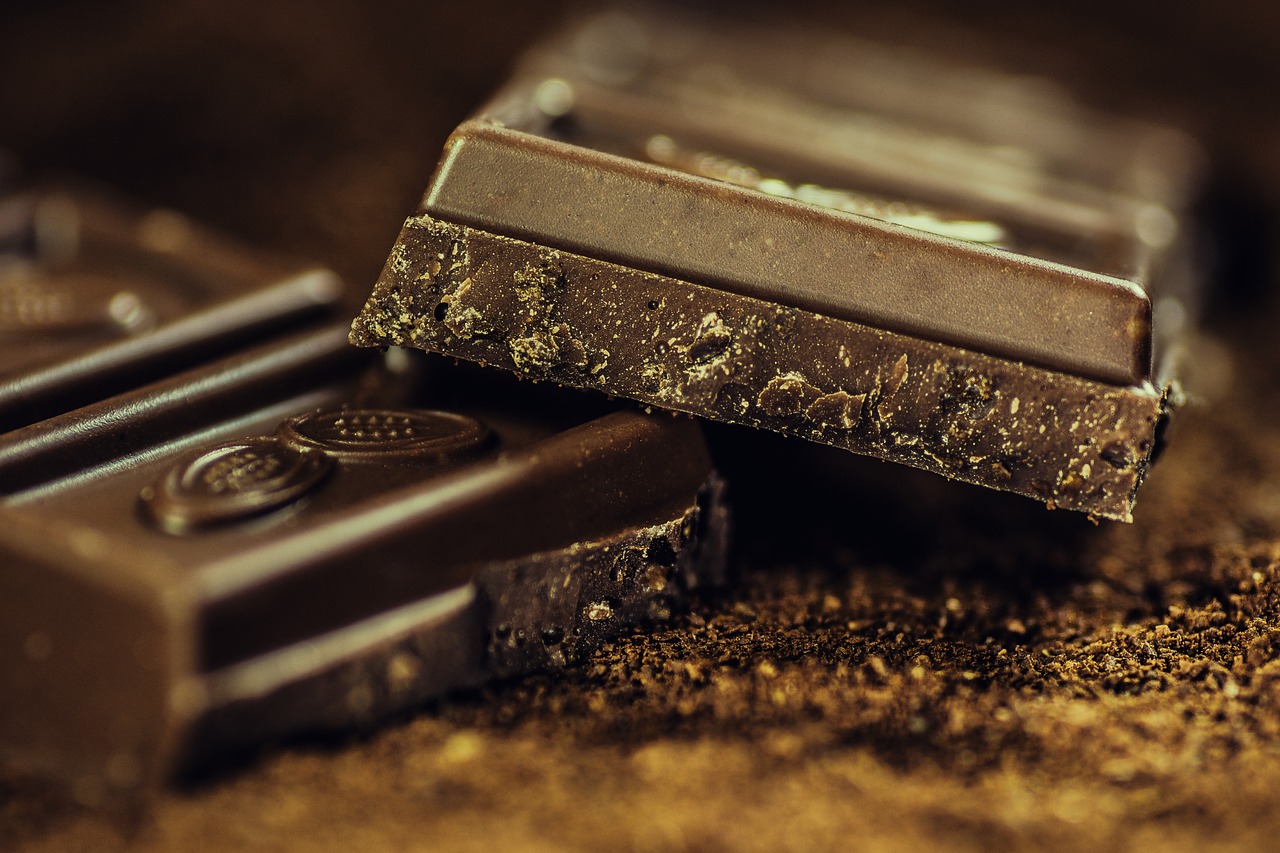 Image by Alexander Stein from Pixabay
Image by Alexander Stein from Pixabay
15. Spices
Spices lose their potency and flavour when exposed to the moisture and cold of a fridge. They're best kept in airtight containers in a pantry or cabinet, where they stay dry and maintain their punch. Plus, you'll save valuable fridge space for things that really need it.
16. Hard Cheeses
While soft cheeses benefit from refrigeration, hard cheeses like Parmesan can dry out and become crumbly. If you're using them within a short period, it's fine to keep them in a cool, dark place. For longer storage, wrap them in cheese paper and refrigerate.
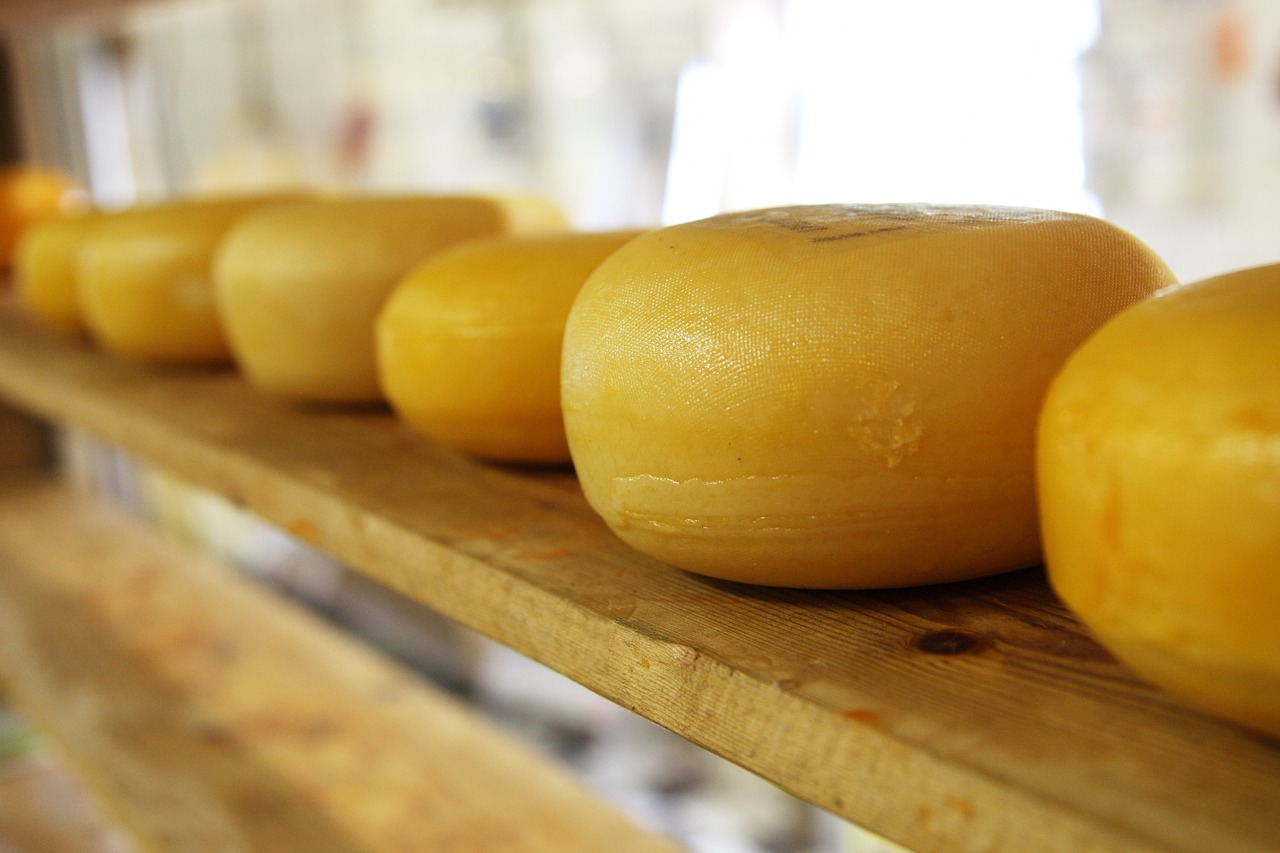 Image by PublicDomainPictures from Pixabay
Image by PublicDomainPictures from Pixabay
17. Citrus Fruits
Lemons, limes, oranges, and grapefruits do just fine at room temperature for a week or so. They can lose their moisture and become hard in the fridge. Plus, having them out makes for a colorful and fragrant kitchen display.
 Image by NoName_13 from Pixabay
Image by NoName_13 from Pixabay
18. Peppers
Chilliness can lead to soggy peppers. They thrive at room temperature, where they maintain their crisp texture and vibrant color. Just keep them in a well-ventilated area, and they'll stay fresh and crunchy.
 Image by Nicole Köhler from Pixabay
Image by Nicole Köhler from Pixabay
19. Pumpkins
Pumpkins and other winter squashes prefer the pantry over the cold fridge. The cool, dry environment helps them last longer without getting soft or moldy. Plus, they make great autumn decorations while they're waiting to be used.
20. Dried Fruits
The fridge's moisture can make dried fruits sticky and clumpy. They're best stored in a cool, dry place in an airtight container. This keeps them chewy and delicious, perfect for snacking or baking.
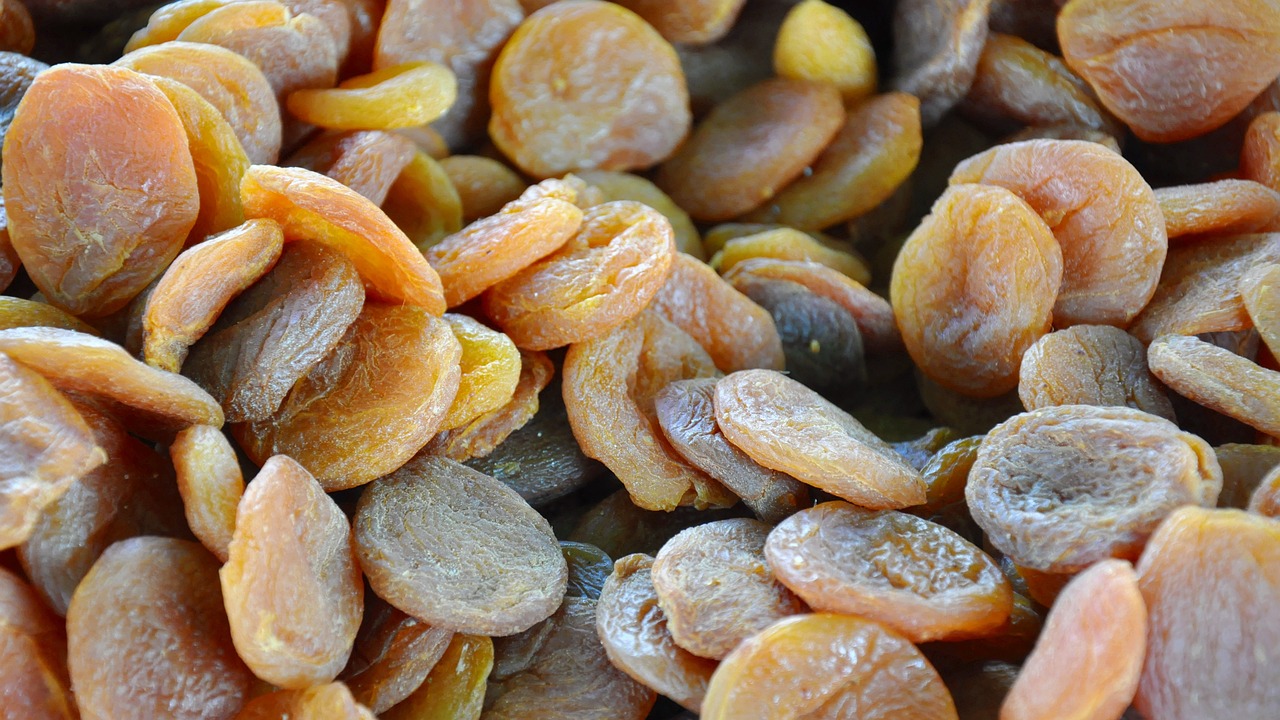 Image by Jenő Szabó from Pixabay
Image by Jenő Szabó from Pixabay
KEEP ON READING

20 Foods With Shocking Origins You'd Never Believe



